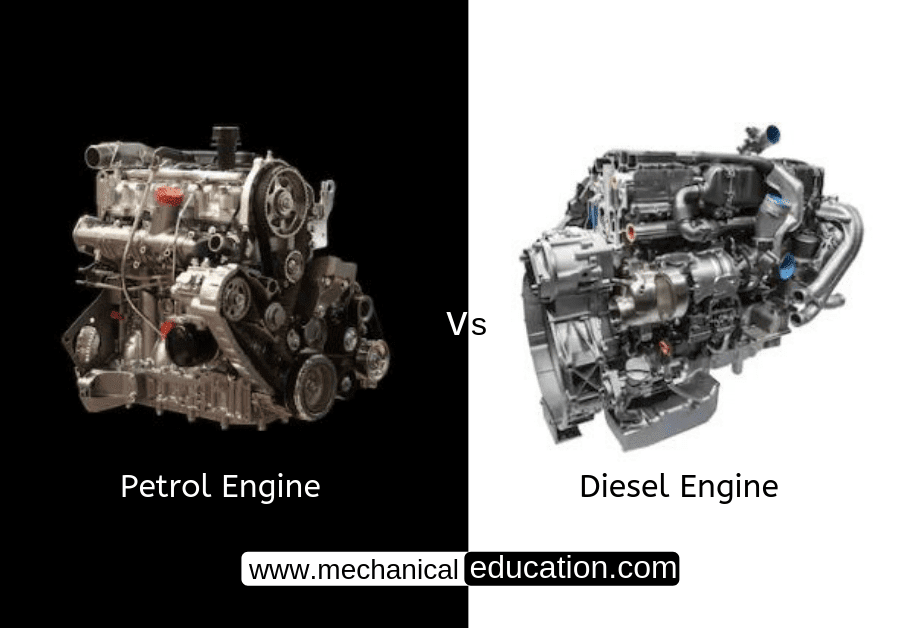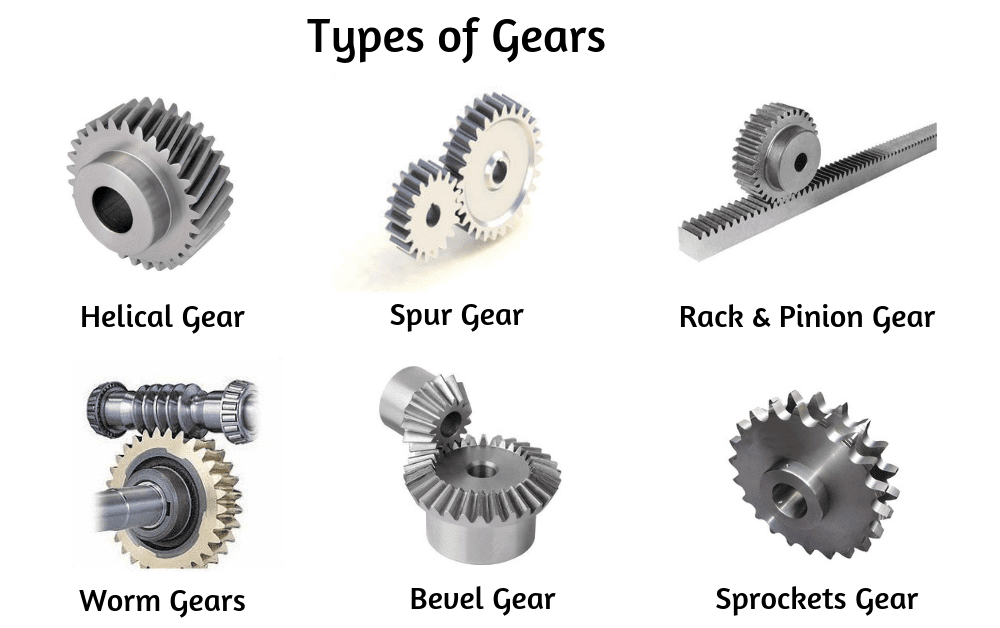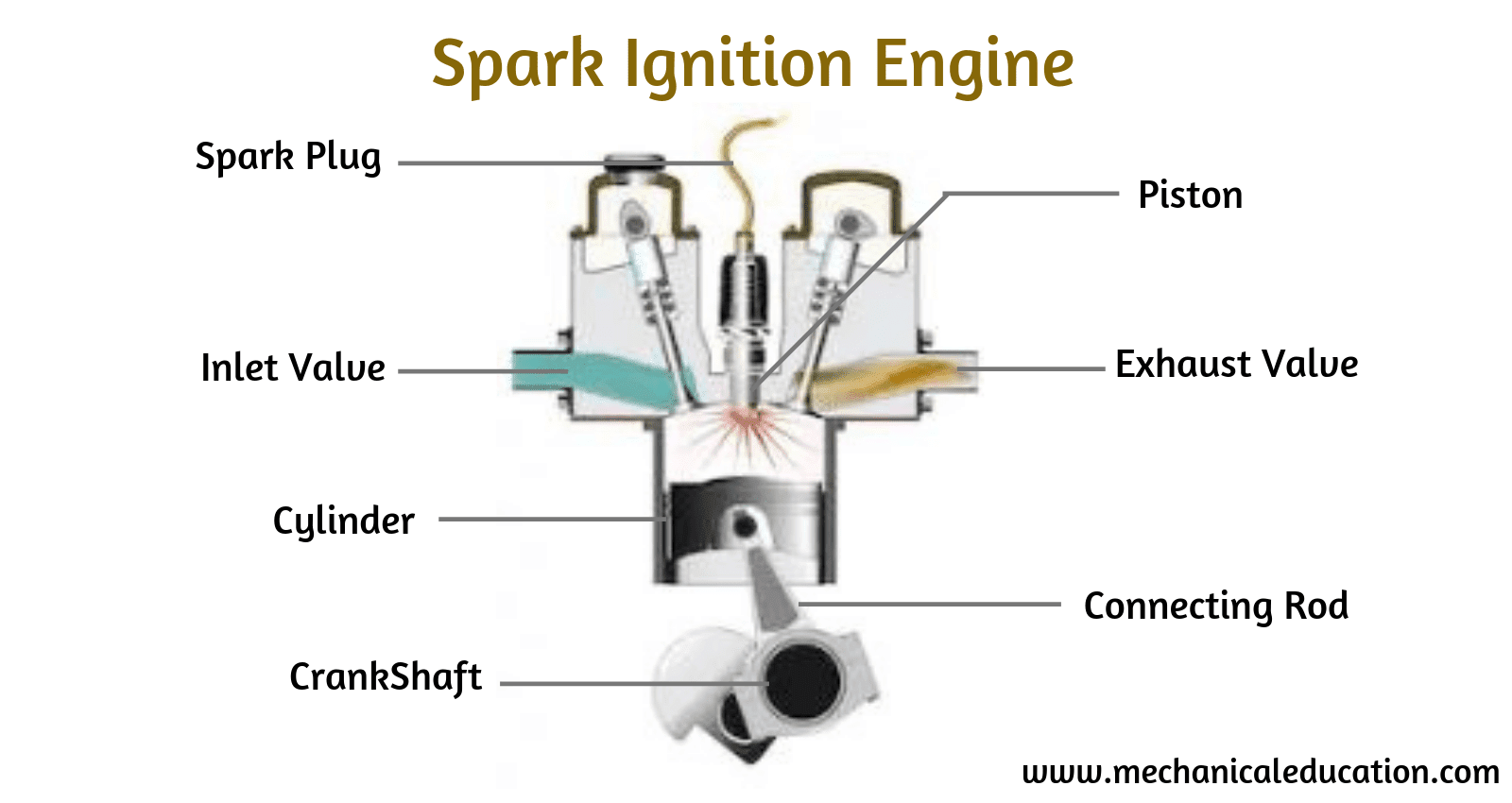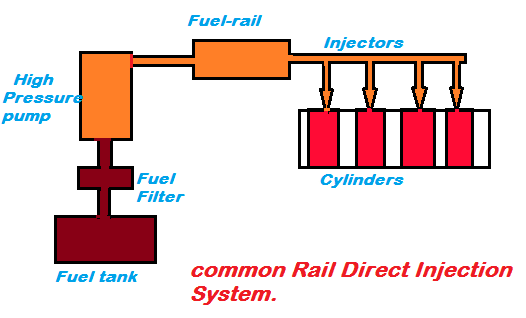Introduction: If you own a car, then you know that it takes more than just turning a key in the ignition to get your vehicle going. One of the main components is the starter motor, which engages with your car battery and supplies enough torque for your crankshaft so that other parts such as pistons, spark plugs etc., can begin working properly for combustion purposes. In this blog post, we will explain everything you need to know about this important component!
What Is a Starter Motor?
A starter motor is an electric motor that is used to initiate internal combustion engine operation. It consists of several parts such as an armature coil, pole pieces, brushes, and a solenoid. When you turn on the ignition key or push start button in your vehicle, it sends power from the car battery to the starter motor via its solenoid. This causes the armature coil to generate enough torque for your crankshaft so that other parts such as pistons and spark plugs can begin working properly for combustion purposes.
How Does It Work?
The starter motor works by engaging with your car’s battery when you turn on the ignition key or push start button in your vehicle. When you do this, it sends power from the car battery through its solenoid which causes an armature coil inside of it to generate enough torque for your crankshaft so that other parts such as pistons and spark plugs can begin working properly for combustion purposes. This allows fuel and air mix within cylinders in order to create an explosion which ultimately powers up engine rotation.
Signs That Your Starter Motor Needs Repair or Replacement
If you are having problems starting up your car or if it’s making strange noises when attempting to start up then these could be signs that something is wrong with its starter motor. Other signs include a clicking noise coming from the engine compartment when trying to start up or if there is excessive smoke coming from under its hood after attempting start-up – both of these could indicate a faulty starter motor. If any of these signs appear then it’s important to take your vehicle into an experienced mechanic who can diagnose and repair (or replace) any faulty components within its starting system.
Conclusion:
The starter motor is one of several important components within an internal combustion engine’s starting system – without it, you wouldn’t be able get your car started! In this blog post we have explained everything you need to know about this vital part including what it does and how it works plus signs that something may be wrong with yours which require further investigation by an experienced mechanic. We hope this has been helpful!
Frequently asked questions (FAQ)
1.What is a starter motor?
A starter motor is an electric motor designed to crank and start an internal combustion engine. It engages with the engine’s flywheel to initiate the engine’s rotation.
2.How does a starter motor work?
When you turn the ignition key, an electrical current is sent to the starter motor, causing it to spin. The starter’s gear engages with the engine’s flywheel teeth, turning the engine and starting the combustion process.
3.Where is the starter motor located in a vehicle?
The starter motor is typically located near the engine, often mounted to the transmission or engine block, where it can easily engage with the flywheel.
4.What happens if the starter motor fails?
If the starter motor fails, you’ll experience difficulty starting the engine. You might hear a clicking sound or no response at all when turning the key. In such cases, the motor might need repair or replacement.
5.What causes starter motor failure?
Starter motor failure can be caused by wear and tear, electrical issues, damaged solenoids, or problems with the gear mechanism. Over time, the motor’s brushes and contacts can wear out as well.
6.Can a failing starter motor be repaired?
Yes, in many cases, a failing starter motor can be repaired by replacing worn-out components such as brushes or solenoids. However, severe damage might necessitate a complete replacement.
7.How can you diagnose a faulty starter motor?
If you hear a clicking sound when trying to start the engine or if the engine doesn’t turn over at all, it could indicate a faulty starter motor. However, other electrical or mechanical issues might also cause similar symptoms.
8.Can you jump-start a car with a bad starter motor?
Jump-starting won’t directly fix a bad starter motor. If the starter motor is the issue, jump-starting might provide temporary relief, but the motor will still need to be repaired or replaced.
9.Is it possible to prevent starter motor issues?
While some wear is inevitable over time, proper maintenance of your vehicle’s electrical system and routine inspections can help identify and address issues before they become severe.
10.How long does a starter motor typically last?
The lifespan of a starter motor can vary widely. On average, a well-maintained starter motor can last between 100,000 to 150,000 miles (160,000 to 240,000 kilometers) or more.
Understanding the role and functioning of the starter motor is crucial for ensuring your vehicle’s reliable operation. Regular maintenance and prompt attention to any issues can help you avoid inconvenient breakdowns and costly repairs.




